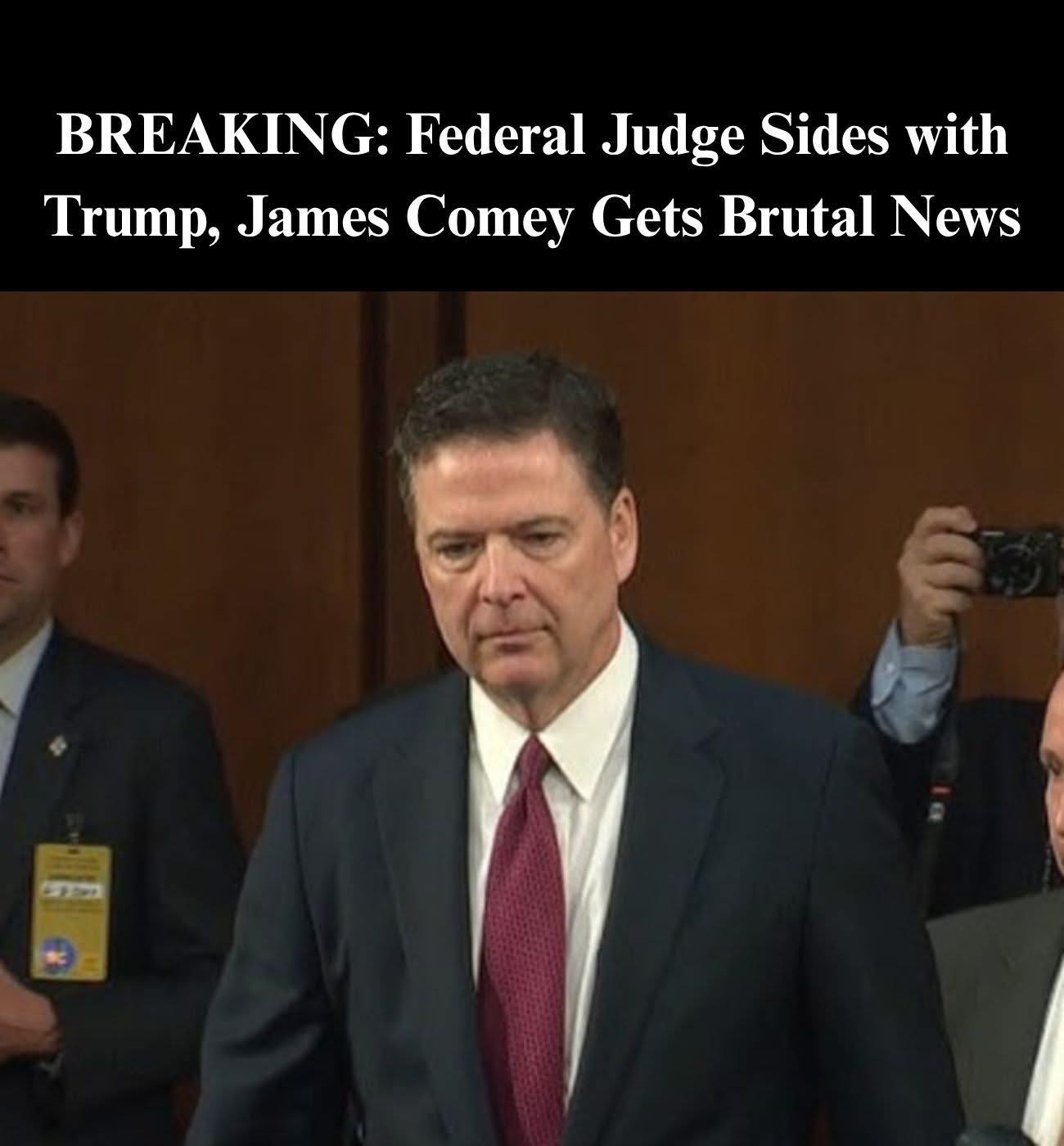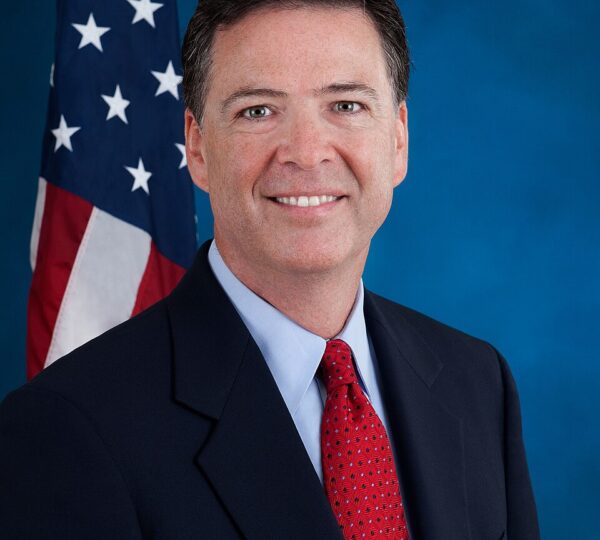
A legal earthquake shook Washington this week as a federal judge temporarily halted a magistrate’s unprecedented order requiring the U.S. Department of Justice to hand over confidential grand jury materials to former FBI Director James Comey.
The pause — granted late Monday evening — has already triggered intense debate about prosecutorial integrity, political influence, and the boundaries of judicial authority. At the center of this unfolding confrontation are two dramatically opposing narratives:
Comey’s defense, which argues the case is riddled with procedural failures and political motives, and the Justice Department, which insists that the prosecution remains appropriate and lawful, despite internal missteps identified by the court.
The temporary stay is only the latest twist in a case that has rapidly evolved into one of the most politically charged legal battles of the year.
A Judge’s Scathing Rebuke: “Profound Investigative Missteps”
Hours before the pause, Magistrate Judge William Fitzpatrick issued a blistering, deeply critical ruling that sent shockwaves through the legal community. From his Alexandria, Virginia courtroom, Fitzpatrick wrote that the record revealed a “disturbing pattern of profound investigative missteps” — language rarely used in federal opinions, especially regarding a case of this magnitude.

His findings included:
-
misleading or incorrect instructions allegedly given to grand jurors
-
questions about whether prosecutors lacked proper warrants before reviewing seized materials
-
concerns that an FBI agent may have accessed attorney-client privileged information
-
evidence that prosecutors moved forward with indictments before completing their investigatory work
For Fitzpatrick, the implications were clear: the grand jury proceedings may have been compromised to such an extent that extraordinary remedies were required.
As a result, he ordered one of the rarest actions in modern federal court practice: the full disclosure of grand jury transcripts and audio recordings to the defense.
Legal experts immediately noted that such transparency is virtually unheard of.
The DOJ Pushes Back — Fast
The Justice Department wasted no time. Within hours of the ruling, government attorneys filed an emergency request for a stay, arguing that releasing the grand jury materials would breach decades-old secrecy protections and risk undermining ongoing investigations.